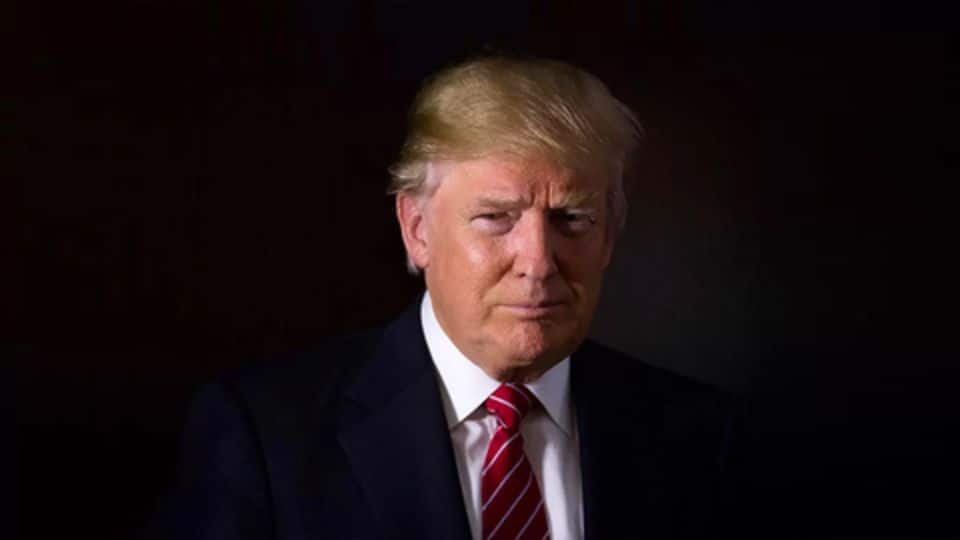
Trump breaks tradition, doesn't host state visit for foreign leaders
What's the story
The Trump administration will soon complete a year in office. In a break with tradition, Donald Trump has become the first American president to not host a single foreign leader for a state visit at the White House within the first year of his presidency. As a presidential candidate, Trump had earlier been dismissive about state dinners and visits. However, this might change.
Explained
Why are state dinner significant?
Typically, the White House offers a state dinner to visiting leaders as a sign of friendship and to demonstrate strategic relations between their countries. "The White House is the world stage to elevate that," said Anita McBride, an aide to three Republican presidents. "These occasions really go a long way to solidify and strengthen relationships."
Explained
What happens in a state visit?
A state visit commences with a military honor guard at the White House's South Lawn to mark a foreign leader's arrival. The leader and US president meet privately at the Oval office and hold a press conference at the East Room or Rose Garden. A lavish state dinner in the White House attended by hundreds of lawmakers, business leaders and celebrities, is later held.
Details
Trump himself has been recipient of state visits
Trump has hosted foreign leaders, including Japanese President Shinzo Abe and Chinese President Xi Jinping, since assuming office. He hosted the two leaders at the Mar-a-Lago estate in Florida. Their trips, though significant, didn't constitute traditional state visits. Meanwhile, Trump himself was accorded a series of state visits during his recent Asia tour. He greatly praised his flamboyant 'state-plus visit' to China.
Change
Trump administration may invite state visit next year
There's no "singular reason" as to why Trump hasn't invited any foreign leader for a state visit yet, according to White House press secretary Sarah Huckabee Sanders. She said the administration is planning to schedule one in early-2018 but gave no hints on which leader would be invited. All eyes will be firmly on which foreign leader will receive the diplomatic honor.